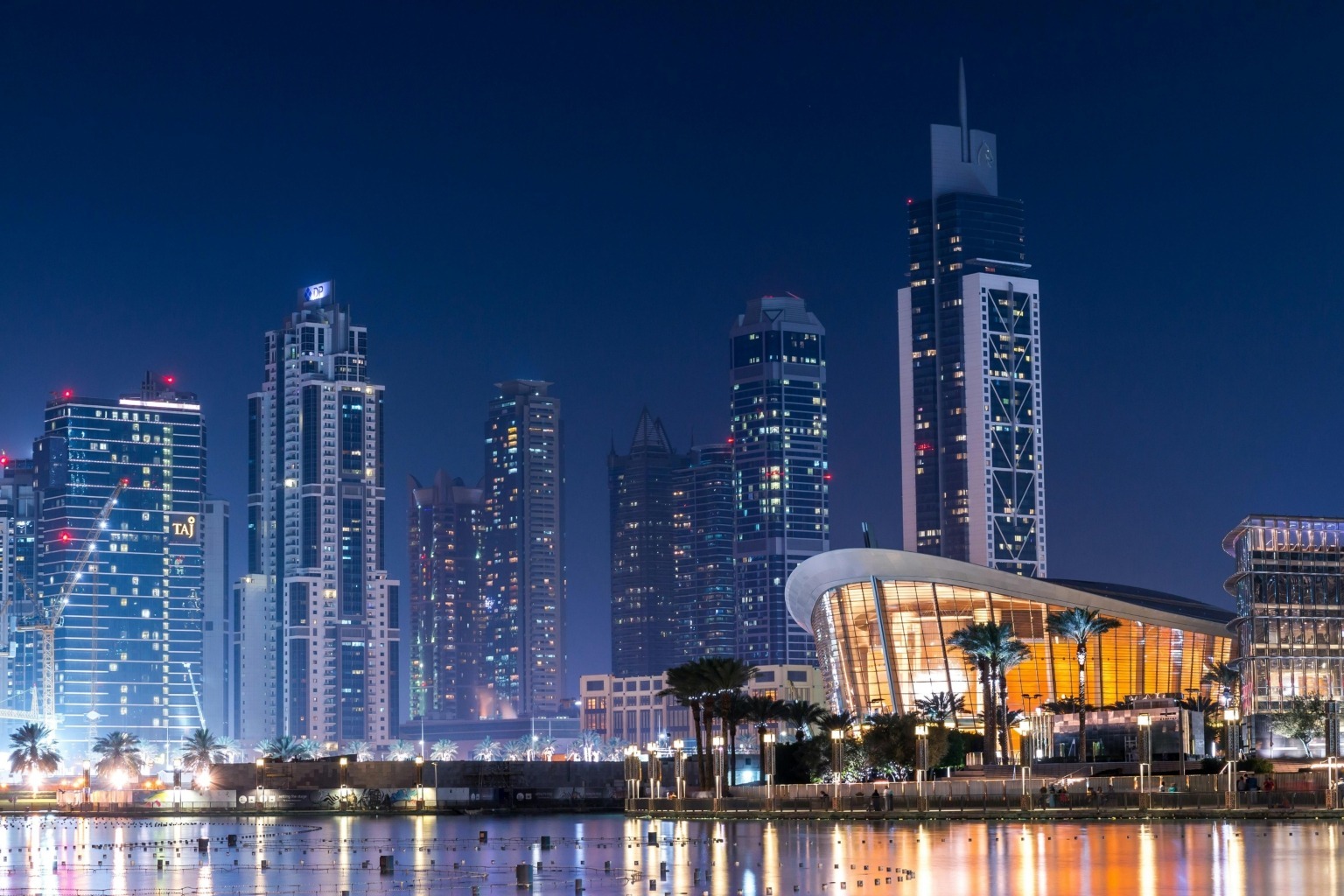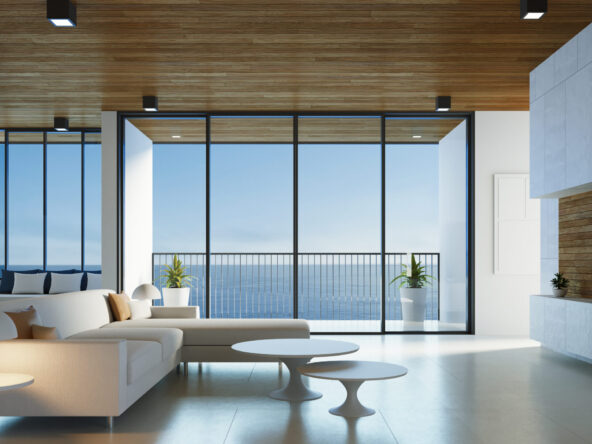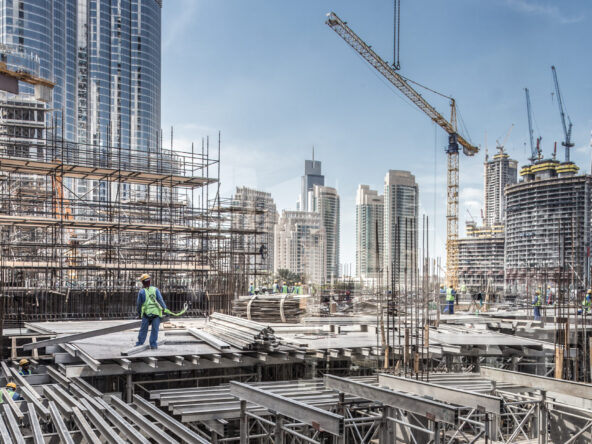Dubai’s real estate market has long been a magnet for both domestic and international investors, offering a variety of investment opportunities across different sectors. Below are the most popular types of real estate investments in Dubai and their respective benefits:
1. Residential Property Investment
Types:
– Apartments: Studio, 1-bedroom, 2-bedroom, and luxury apartments in prime locations (e.g., Downtown Dubai, Dubai Marina, Palm Jumeirah).
– Villas and Townhouses: Exclusive villas in gated communities, luxury villas in developments like Emirates Hills, or more affordable townhouses in suburban developments.
– Off-plan Properties: Newly launched properties that are under construction but available for purchase at a lower price with potential for capital appreciation upon completion.
Benefits:
– High Rental Yields: Dubai offers some of the highest rental yields in the world. Depending on location and property type, residential properties can yield between 6-8% annually.
– Tax-Free Income: Dubai offers a tax-free environment, meaning investors do not pay income tax on rental income.
– Capital Appreciation: The property market in Dubai has demonstrated strong capital appreciation over the years, especially in prime locations.
– Short-Term and Long-Term Rentals: With a high demand for short-term rental properties (e.g., Airbnb) as well as long-term rentals, investors can choose the strategy that best suits their needs.
2. Off-Plan Properties (Pre-Construction)
Types:
– Apartments and Villas in New Developments: Many of Dubai’s top developers, such as Emaar, DAMAC, and Nakheel, offer off-plan residential projects that allow investors to buy properties before construction is completed.
Benefits:
– Lower Initial Investment: Off-plan properties are typically sold at a discounted price before construction is finished, allowing investors to secure a property at a lower cost.
– High Capital Appreciation Potential: As Dubai’s real estate market continues to develop, especially in newly emerging areas, the value of off-plan properties often appreciates significantly by the time the project is completed.
– Flexible Payment Plans: Many developers offer attractive payment plans with minimal upfront costs, making it easier for investors to enter the market.
3. Holiday Homes and Short-Term Rental Properties
Types:
– Furnished Apartments or Villas for Short-Term Rent: These properties cater to tourists and business travelers looking for short stays. Popular areas include Dubai Marina, Downtown Dubai, and Palm Jumeirah.
Benefits:
– High Demand for Vacation Rentals: Dubai is a global tourism hub, attracting millions of visitors each year. Short-term rental properties are in high demand, especially during peak seasons (Dubai Shopping Festival, Expo 2020, etc.).
– Higher Rental Income: Short-term rental properties can generate much higher income compared to traditional long-term rentals, especially in tourist-heavy areas.
– Flexibility in Usage: Investors can choose to use the property for personal vacations or rent it out for extra income when not in use.
4. Real Estate Investment Trusts (REITs)**
Types:
– Dubai REITs: These are investment funds that pool money from various investors to purchase and manage a portfolio of real estate assets. REITs in Dubai can invest in residential, commercial, and retail properties.
Benefits:
– Diversification: REITs allow small investors to diversify their portfolios by owning shares in multiple properties without the need to buy or manage physical real estate.
– Liquidity: Unlike direct property investments, shares in a REIT can be bought and sold easily on the stock market, offering higher liquidity.
– Regular Income: REITs distribute a portion of their income (rental or capital gains) to investors, providing a steady income stream.



